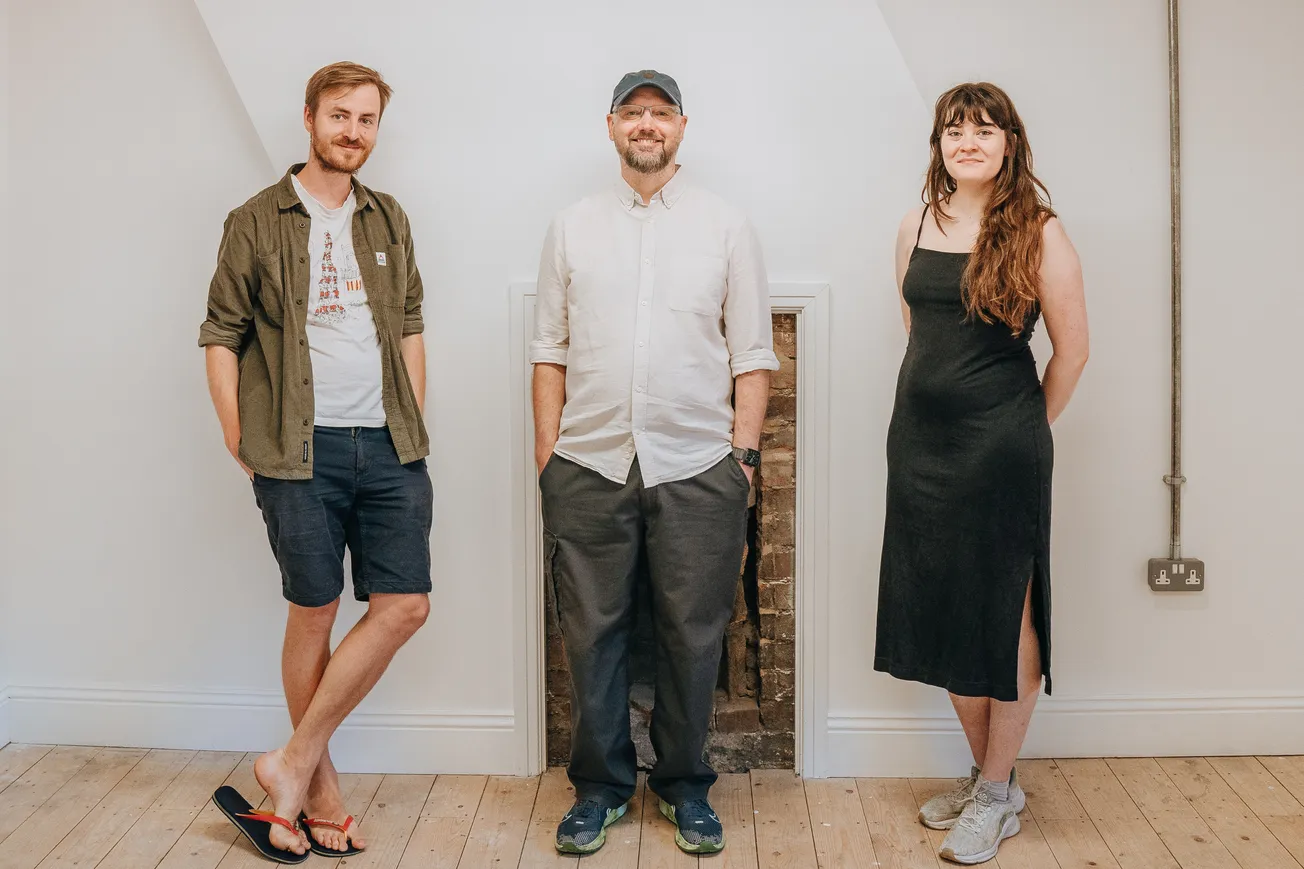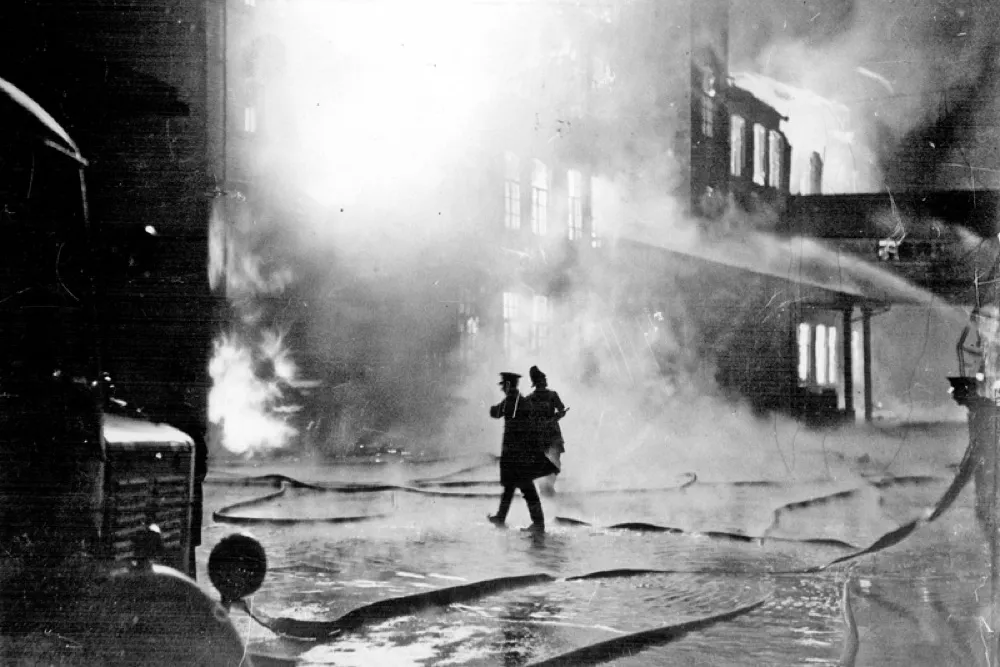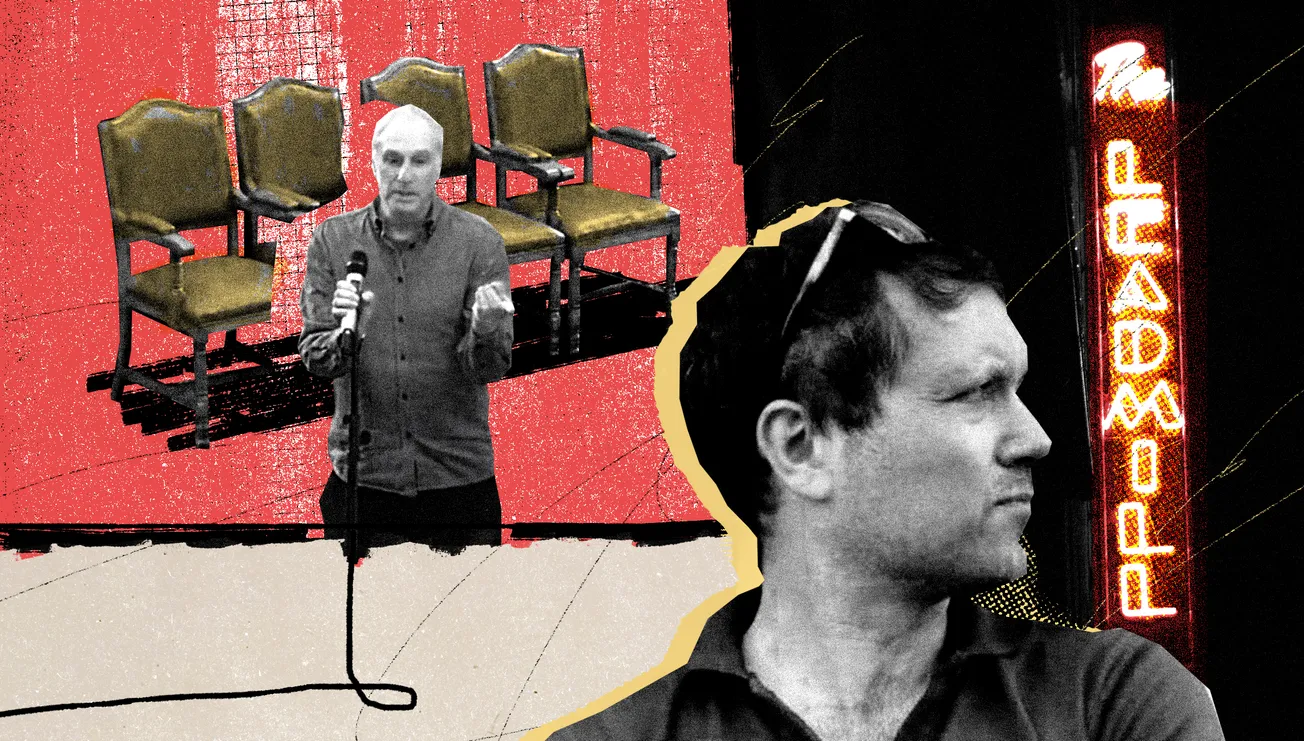Dear readers — we hope you had a great weekend. Welcome to this week’s Tribune briefing.
If you missed our weekend read, it was a feature about the past and present of Park Hill flats. You can read it here.
If you like our newsletters, please tell your friends about us. Just forward this newsletter to them so they can sign up to our mailing list too, or hit the share button below to share the briefing via text or on social media.
If someone forwarded you this newsletter, please join The Tribune’s mailing list to get all our journalism in your inbox.
The big story: The looming NHS backlog
The top line: A Sheffield public health expert says radical solutions will be needed to address the NHS’s operations backlog after new figures showed thousands more people waiting longer than they should for routine treatment.
Data check: The NHS Constitution says patients should wait no longer than 18 weeks from GP referral to treatment. But the latest NHS figures show that timeframe is being missed at alarming rates.
- There are now 9,625 patients who have been waiting longer than 18 weeks at Sheffield Teaching Hospitals, an increase of 144% on last year.
- At Sheffield Children’s Hospital, 2,998 patients have now waited longer than 18 weeks, a 149% increase on 2020.
National context: The number of patients in England waiting more than a year for treatment has now risen to 387,900. This is around 250 times higher than it was in February last year and the most the NHS has seen since 2007. In total, the NHS England waiting list now stands at 4.7 million.

The causes: Dr Andrew Lee, a reader in public health at the University of Sheffield, says the NHS has faced a ‘perfect storm’ of factors, many of which relate to the pandemic. He lists tired or even ‘burned out’ staff, new infection control requirements, the shifting of wards and staff to Covid-19 patients and the postponement of chronic disease management appointments.
- But Lee adds that some areas of the NHS had been ‘problematic’ before Covid. He highlights the ‘mounting burden’ of mental health conditions, especially among the young.
Former NHS boss Sir David Nicholson has described the backlog as ‘truly frightening’. Andrew Lee said the problem was ‘huge’ and needed long term solutions in terms of planning, resources and expectation management.
Dr Lee told The Tribune that prioritisation will mean some patients having to wait longer so those with the highest need are treated first, and we will need greater collaboration between hospitals and primary care. He says:
The number of doctors is finite, so you have to look at how you task shift/delegate work to other staff groups. This means patients have to be prepared for the fact they may not necessarily be seeing a doctor, but another health professional who can deal with their issue.
This matters not just because patients who wait longer will get sicker, but also because the entire basis of the NHS is that it is there for us when we need it. In an interview with the Guardian, Sir David Nicholson said:
The whole issue of access [to care] is a greater threat to the NHS than privatisation because poor access undermines confidence amongst those people who fund the service – taxpayers.
This week’s weather

The Peak District at 70
Happy 70th Birthday to the #PeakDistrict which was designated the first National Park in the UK on this day in 1951 🥳 #Sheffield is the only city in the UK to have a National Park within its boundaries, how lucky are we?! @peakdistrict @vpdd @peakdistrictNT #PeakDistrict70
— The Steel City Snapper (@steelcitysnaps) 11:08 AM ∙ Apr 17, 2021
Covid-19 update
- Cases: In the seven days to April 13, the case rate for Sheffield was 58.8, equating to 344 cases in total, a fall of 25% on the previous week. While this is now falling rapidly, it is still more than double the England average of 27.9. The rate for the over 60s in Sheffield is now 22.1.
- Hospitals: As of April 13, 45 patients were in hospital in Sheffield with Covid-19, down from 64 last week. These include eight on ventilation, a fall of one on last week. In the past seven days, four people have died in the city’s hospitals within 28 days of testing positive.
- Vaccines: By last Sunday, 330,191 vaccine doses had been administered in Sheffield, including 258,995 first doses and 71,196 second doses. More than 90 per cent of everyone aged 55 or over in the city has now had at least one dose.
Cases are the lowest they have been since September last year - at around 65 per 100k on 9 April.
— SheffieldCityCouncil (@SheffCouncil) 2:19 PM ∙ Apr 16, 2021
Book of the week
A Small Revolution in Germany by Phillip Hensher
Sheffield writer Philip Hensher returns to the city for his latest novel, a ‘political bildungsroman’ which focuses on a group of friends who grow up here in the early 1980s. Spike is an idealistic young man at a stuffy Sheffield comprehensive whose life is changed after he falls in with a group of radicals who quote Marx, dream of revolution — and live at Park Hill flats.

Inevitably, most members of the group lose their youthful idealism as they get older. One becomes a Conservative MP while another gets a job at a right-wing newspaper and a third transforms into a famous socialite. Only Spike remains true to the person he was at 17. A Small Revolution in Germany is about politics, growing up and the accommodations with sensible adulthood which most of us make.
To buy the book from an independent bookseller, click here.
Five things to do
- Watch: This delightful BBC documentary from 1969 focuses on two Sheffield train routes and the men who work them. The men are seen relaxing in the Sheffield Railway Men’s Club and arguing over the relative merits of steam, diesel and electric engines. The film also shows them going through the now defunct Woodhead Tunnel, before speaking to 21-year-old signalman Michael Gatonby.
- Learn: Heritage expert and Green Party candidate Brian Holmshaw is re-running his popular online course on the history of Sheffield’s parks and woodlands this month. The cost is £64 for the 10 week course beginning on April 20 — but those on Universal Credit, Pension Credit or a low wage may be entitled to a free place. Book via the Workers Educational Association.
- Visit: Sheffield’s Manor Lodge has reopened after spending much of the last year closed to the public. The now ruined lodge was once a prison for Mary Queen of Scots, whose ghost is said to haunt the still standing turret tower. Only the grounds and nature trail are currently open during this phase of the roadmap, but the place oozes history and needs all the support it can get.
- Art: The Cupola Gallery’s annual Under the Bed sale has now begun and will run until May 8. The Hillsborough gallery’s sale first began more than 20 years ago as an opportunity for artists to put older or out of date work on sale at bargain prices. Since then it has become the gallery’s most popular event with original art on sale to cater for all budgets from £1 to £350.
- Talk: Thomas Batemen was a pioneering Victorian archaeologist whose work uncovering medieval graves in the Peak District had a huge impact on our understanding of the origins of England. A talk focusing on his work - presented by Howard Williams, Professor of Archaeology at the University of Chester - will take place on the Sheffield Museums Facebook page on Wednesday, April 21 at 1pm.

This astonishing photo shows Sheffield in the late 1800s before one of the city’s main thoroughfares, High Street, was widened. Work began on the much-delayed project in 1895, with the street doubling in width and new ‘elegant’ buildings springing up on the road’s south side.
Five things to read
- The Peak District celebrated its 70th birthday last weekend, and many titles featured coverage of Britain’s first national park’s platinum anniversary. Two of the best are this series of interviews from the BBC and this Derbyshire Live piece which looks at how the Peak District first came into being. ITV also has a nice short film about the anniversary which can be found here.
- Now Then magazine has a fascinating piece written by the son of Eric Baker, who co-founded Amnesty International. Eric grew up in Highfield before going on to study at the University of Cambridge and becoming a human rights activist. As well as Amnesty he also co-founded Campaign for Nuclear Disarmament and was one of the first to popularise the term ‘prisoner of conscience’.
- The Independent has an interesting story about the current charity shop boom, based on interviews with shop staff in Broomhill. Barnardo’s on Fulwood Road saw takings increase 172% last Monday and staff at the nearby PDSA shop say they ‘can’t stock the shelves fast enough’. The piece says the shops are experiencing a ‘major boom every bit as significant as the country’s bars and barbers’.
- Members of an action group set up to protect a Sheffield green space under threat from housing development have written an impassioned open letter after they decided not to appeal the planning inspector’s ruling. Owlthorpe Fields Actions Group said they no longer have the funds to continue to fight proposals they say would ‘rip the heart out of the area’. The developers’ response is here.
- A lovely story in Yorkshire Live looks at how the popular BMX track at Bolehills in Crookes has become a Mecca for young people during the pandemic. The volunteer-run course was built during the ‘BMX boom’ of the 1980s, but is now one of the only ones left in the city. Insight reporter Roland Sebestyen speak to the president of the brilliantly-named Sheffield Dirt Society about the sport.
If you enjoyed this newsletter, we’d love you to spread the word about The Tribune by sending it to your friends. Simply forward this email or click the share button above.
If you have a story you would like us to look into, hit reply to this briefing or email editor@sheffieldtribune.co.uk.
We are looking for talented local journalists who believe in our mission and want to write for The Tribune. If that’s you, please email us at the email address above.
If someone forwarded you this newsletter, please join The Tribune’s mailing list to get all our journalism in your inbox.

Comments
Sign in or become a Sheffield Tribune member to leave comments. To add your photo, click here to create a profile on Gravatar.







